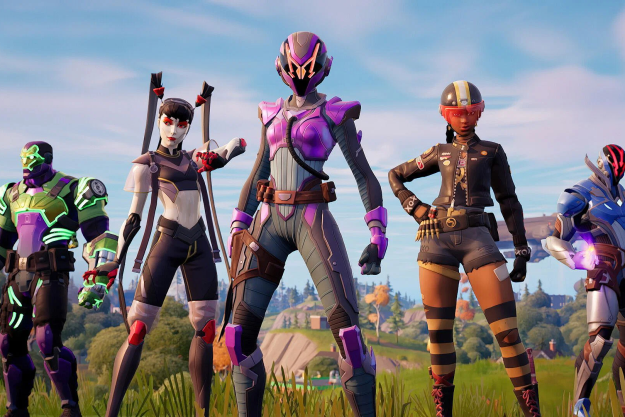Google has lost a landmark case against Epic Games after a jury decided on Monday that the web giant operates an illegal monopoly via its Android app store.
The decision was announced at the end of a month-long trial that itself was part of a longer legal dispute between Google and Epic Games that’s been rumbling on since 2020.
The outcome has the potential to disrupt the app store sector significantly, giving app developers vastly more power over how their apps are distributed and how they make money from them.
Following just a few hours of deliberations, the jury in San Francisco sided with Fortnite-maker Epic Games, agreeing that Google operates a monopoly in the mobile app store market and carries out anticompetitive practices that adversely affect the gaming company.
The current dispute erupted in 2020 when Google — and Apple — removed Fortnite from their app stores after Epic implemented its own in-app payment system to avoid handing over a cut of sales to the tech giants.
Responding to the jury’s decision on Monday, Epic Games described the verdict as “a win for all app developers and consumers around the world,” adding: “It proves that Google’s app store practices are illegal and they abuse their monopoly to extract exorbitant fees, stifle competition, and reduce innovation.”
It said the trial featured evidence that Google was “willing to pay billions of dollars to stifle alternative app stores by paying developers to abandon their own store efforts and direct distribution plans, and offering highly lucrative agreements with device manufacturers in exchange for excluding competing app stores. These deals were meant to cement Google’s dominance as the only app store in town — and it worked. More than 95% of apps are distributed through the Play Store on Android.”
Meanwhile, Google executive Wilson White said his company plans to challenge the verdict, adding: “Android and Google Play provide more choice and openness than any other major mobile platform. The trial made clear that we compete fiercely with Apple and its App Store, as well as app stores on
Next month, Judge James Donato will announce measures that Google will need to take as a consequence of the jury’s decision on Monday. It could result in Google being ordered to change its Play Store rules to let developers point customers to competing app stores, allowing them to avoid paying a cut to Google for app purchases and in-app purchases without any repercussions.
Epic Games has been fighting a similar case against Apple. That one, as well, continues to bounce around the courts, and both parties are currently appealing.
Editors' Recommendations
- What’s free on the Epic Games Store right now?
- Epic still plans to bring its Games Store to iOS and Android this year
- Fortnite is coming back to iOS, but Epic Games still isn’t happy about it
- For horror fans, Fortnite is secretly gaming’s best haunted house
- Don’t miss this free Epic Games Store gem from the creators of Fall Guys


